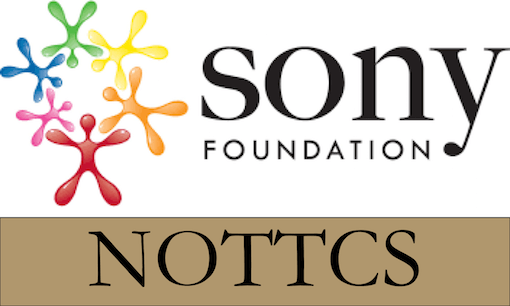On Friday the 21st February, a young 20 year old sarcoma patient underwent a life changing egg harvesting and cryogenic preservation at the Alexandria Day Hospital in Sydney, under the watchful eye of Professor William Ledger. Whilst this may not seem remarkable to those who are fortunate enough not to have to explore such avenues, this young woman is representative of many young cancer patients who slip through the cracks prior to undergoing onerous chemotherapy and surgical regimes to treat their respective cancers.
This process is expensive and it is challenging at times for those who find themselves in need of seeking fertility treatments, in order to have a child. It can be argued those with cancer have already been through quite enough without the added burden of infertility. More often than not the financial strain of this process becomes an enormous burden, preventing many from having children. The emotional and psychological impact of infertility can be immense, and this can me magnified when the patient is young, and has suffered a cancer diagnosis.
This situation is about to change. A national “pioneering service to transport, freeze and store reproductive tissue for young cancer patients” initiated by the Sony Foundation stands to revolutionise this process. “The service – the first of its kind in Australia – will enable medical professionals nationwide to offer free fertility-preserving treatment to youth cancer patients aged 13 – 30 years.”
A gap in the health system for young people with cancer, had been preventing access to affordable fertility preservation options, and this was identified by the Sony Foundation. “Alarmingly, Currently, only 4 per cent of young women and 1 in 4 young men undergo fertility preservation before chemotherapy, despite research showing infertility is the number one issue that has an identified impact on a young person’s quality of life following cancer. ”
CEO of the Sony Foundation, Sophie Ryan said: “Sony Foundation’s funding will ensure this innovative fertility service is available for all young people diagnosed with cancer. No longer will young people miss out on this treatment due to barriers such as lack of access for regional patients, cost and time restrictions. But more importantly, providing access will give young people facing cancer hope and the opportunity to focus on life after cancer.
The team at the National Ovarian and Testicular Tissue Transport and Cryopreservation Service (NOTTCS) led by Professor Kate Stern, has a demonstrated history of fertility preservation, egg and sperm freezing, counselling and support of patients affected by cancer and fertility issues. “This service will enable tissue to be collected, transported and cryopreserved in Melbourne from patients right around Australia. It will give access to state-of-the-art fertility preservation to young people who might have thought that it’s the end of the road for their fertility, said Professor Stern”.
The Sony Foundation’s mission is for 100% of young people who are diagnosed with cancer to be offered fertility preservation that’s free and easily accessible.
CRBF wish to extend our deepest gratitude to Professor William Ledger, Professor Kate Stern, Dr Henry Liberman, The Alexandria Day Surgery Hospital, Kerri and the staff at IVF Australia, Bondi, and Emma Pechey from the Sony Foundaiton.
For further information on the Nationals Ovarian and Testicular Tissue Transport Service:
Call: (03) 83453227
Email: NOTTCS@thewomens.org.au
IVF Australia https://www.ivf.com.au/clinics/bondi-junction-fertility-clinic

